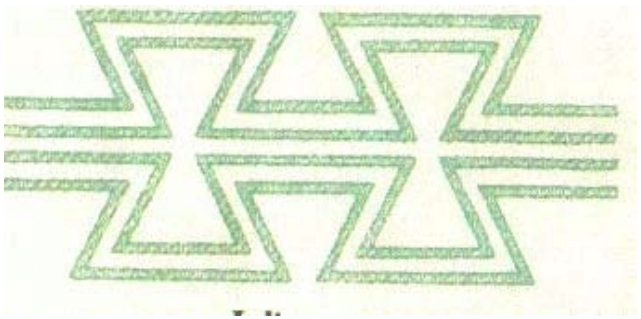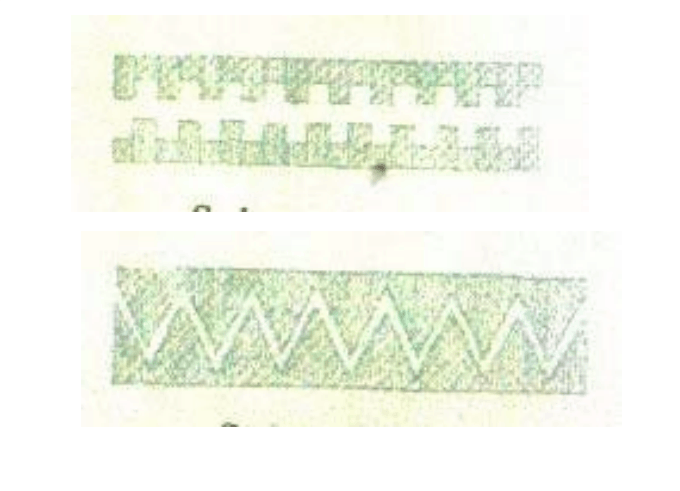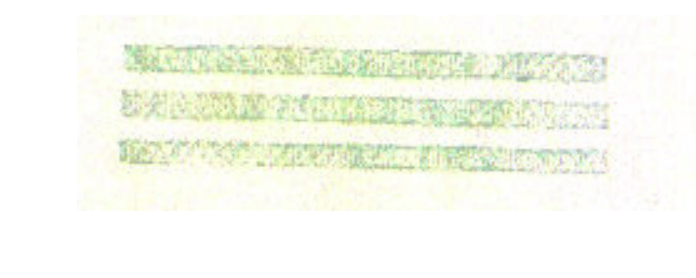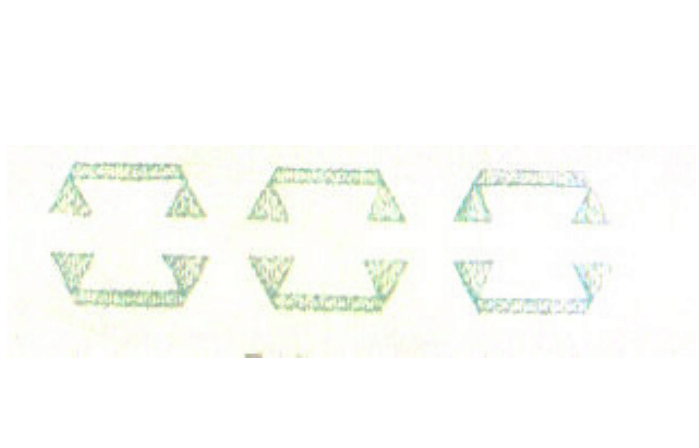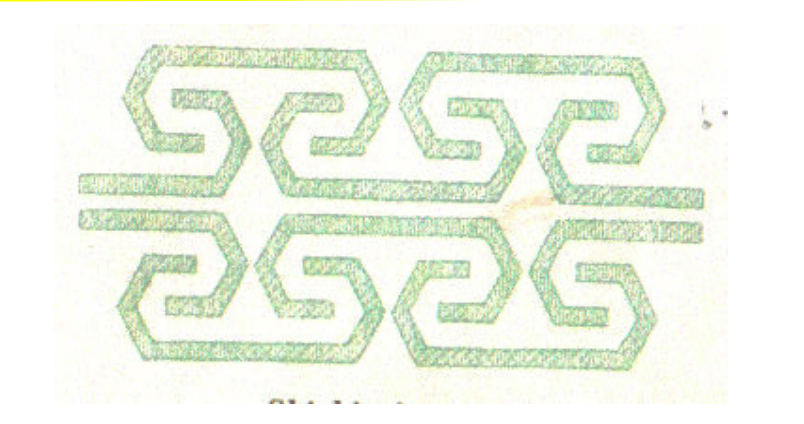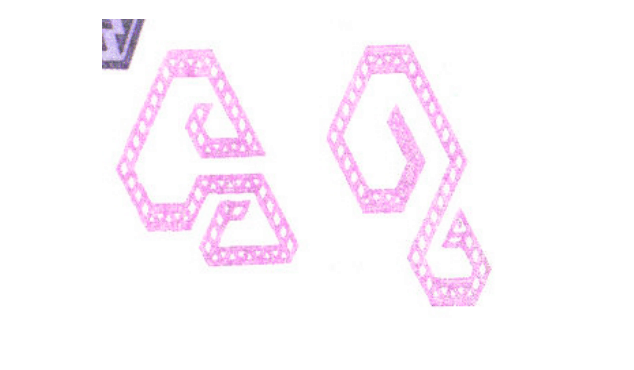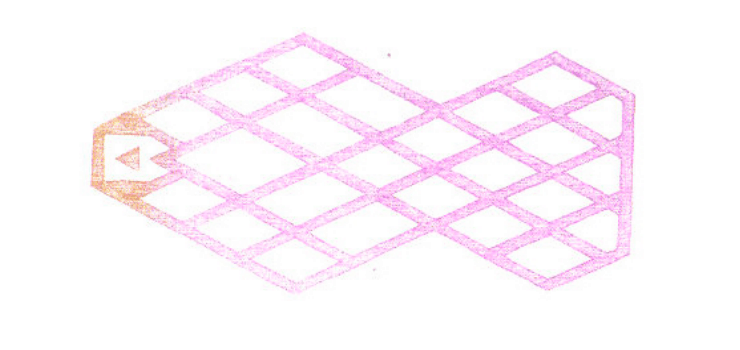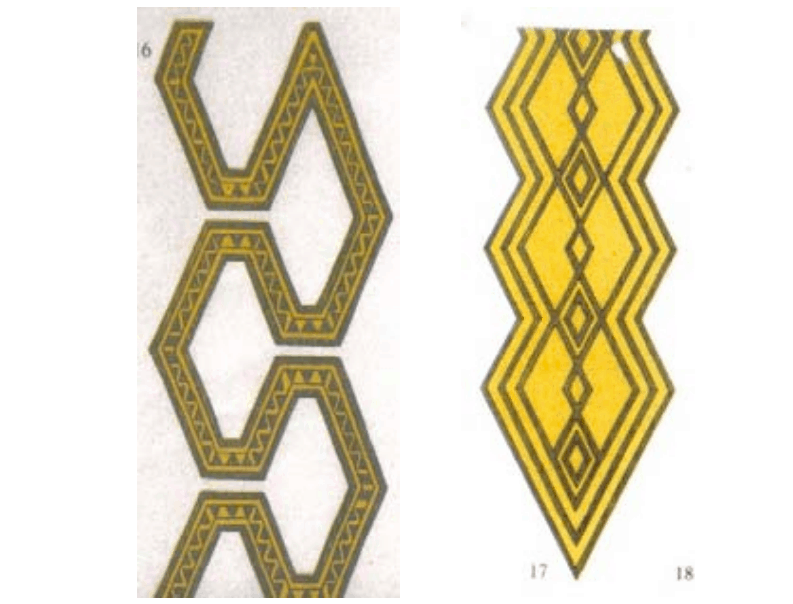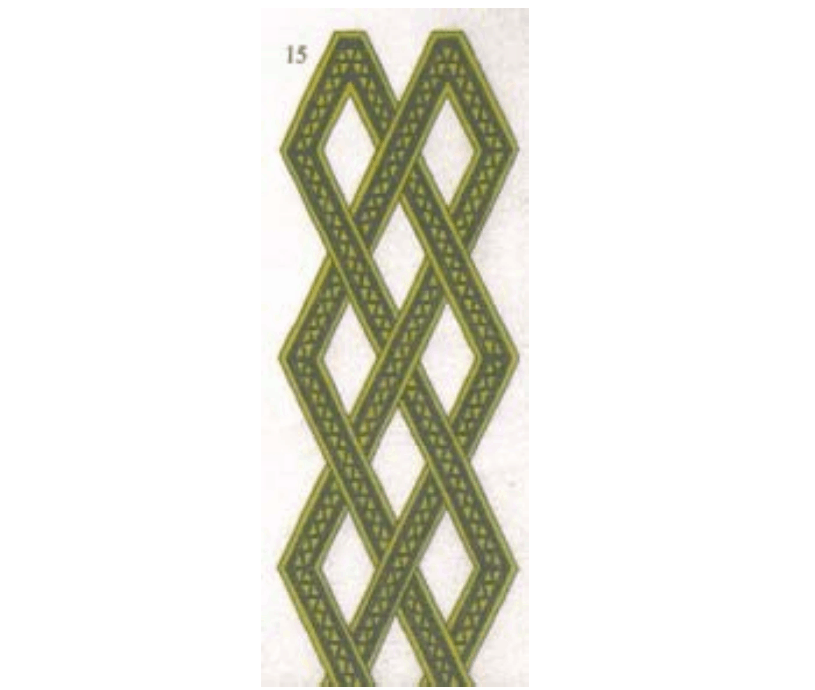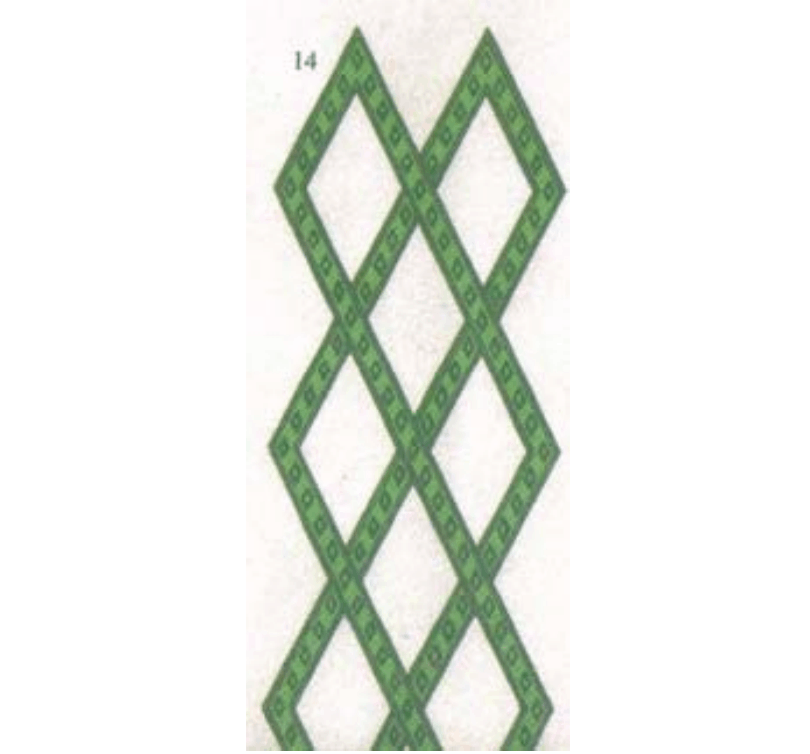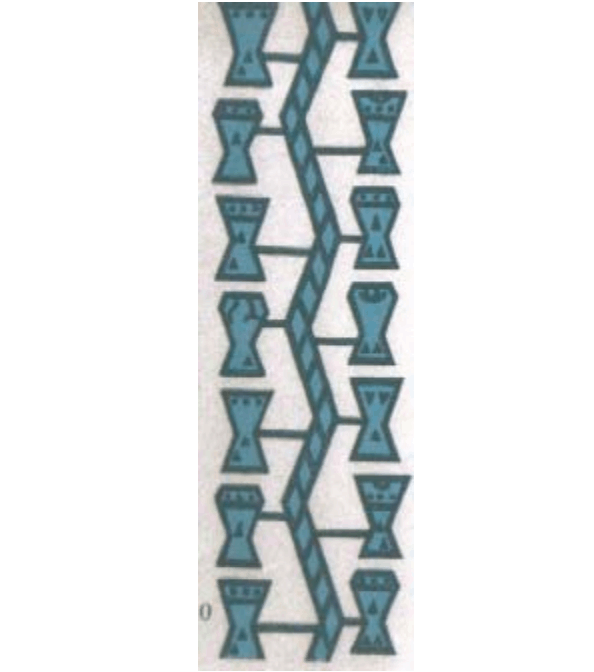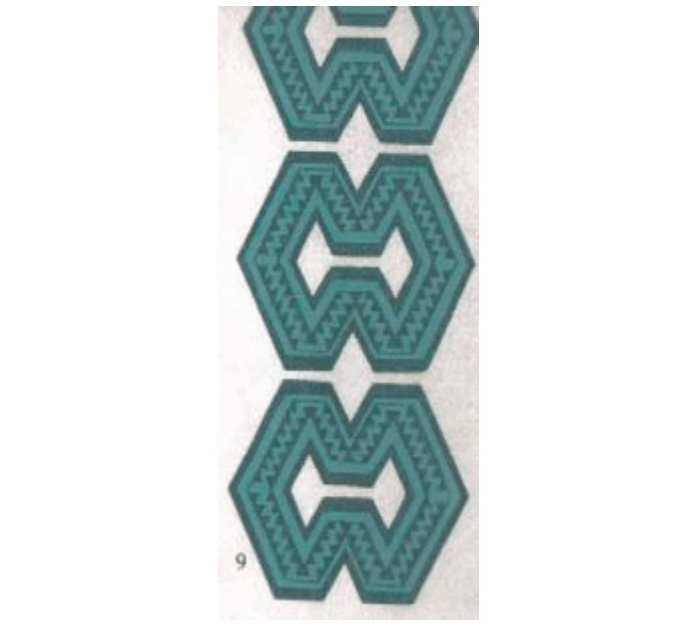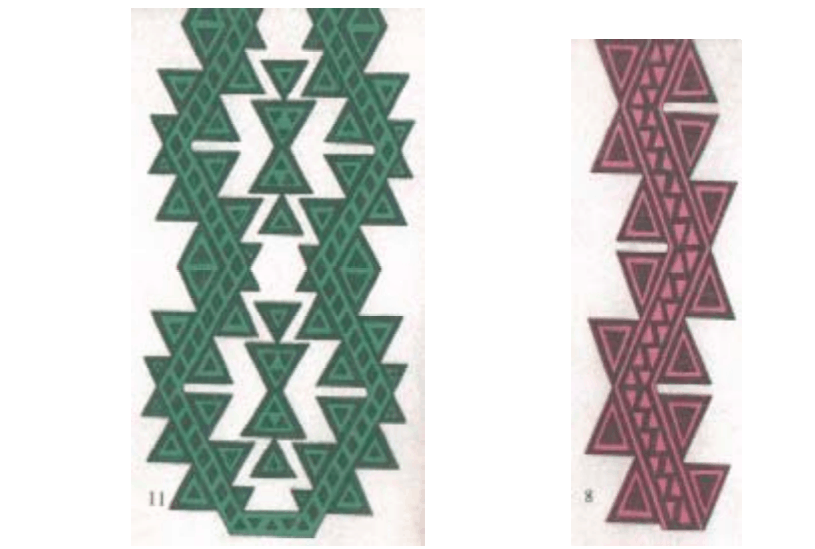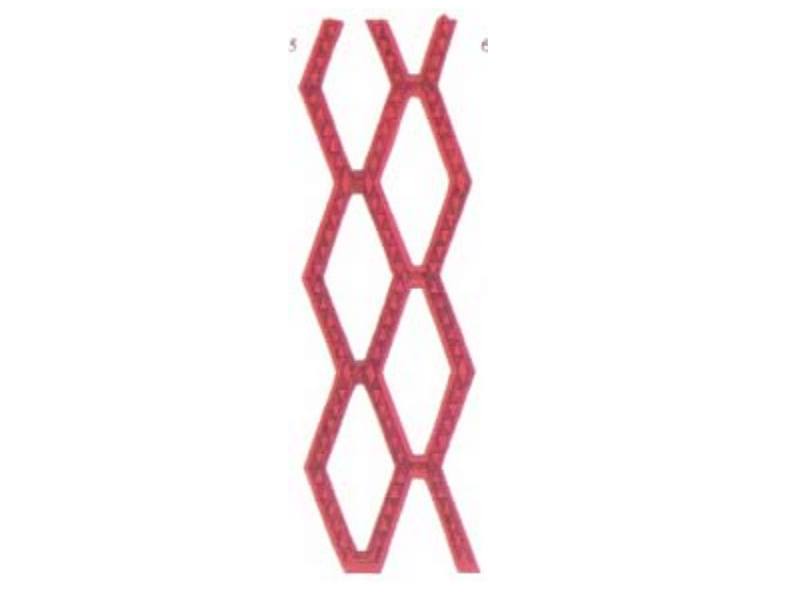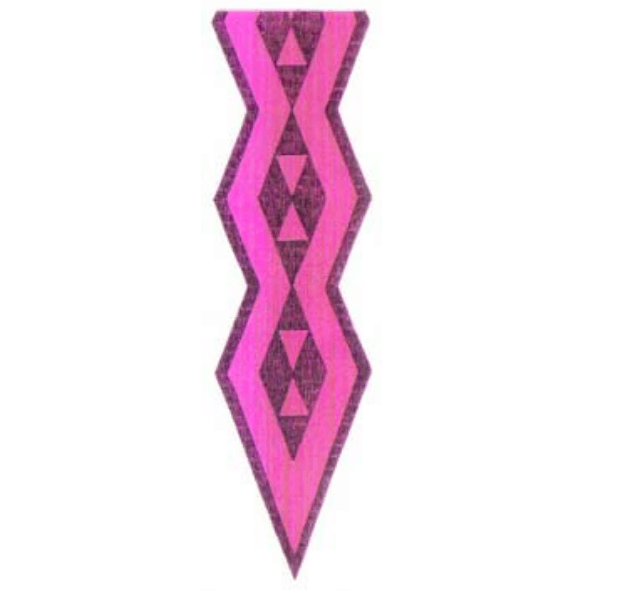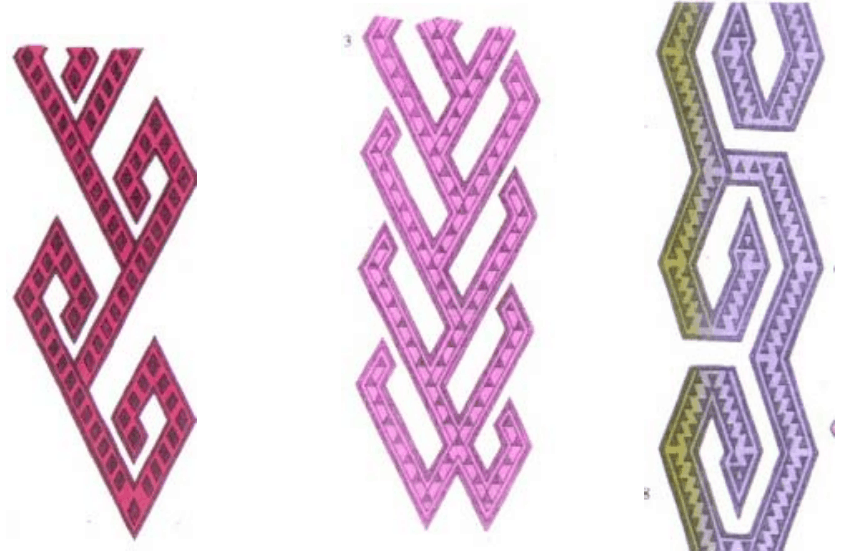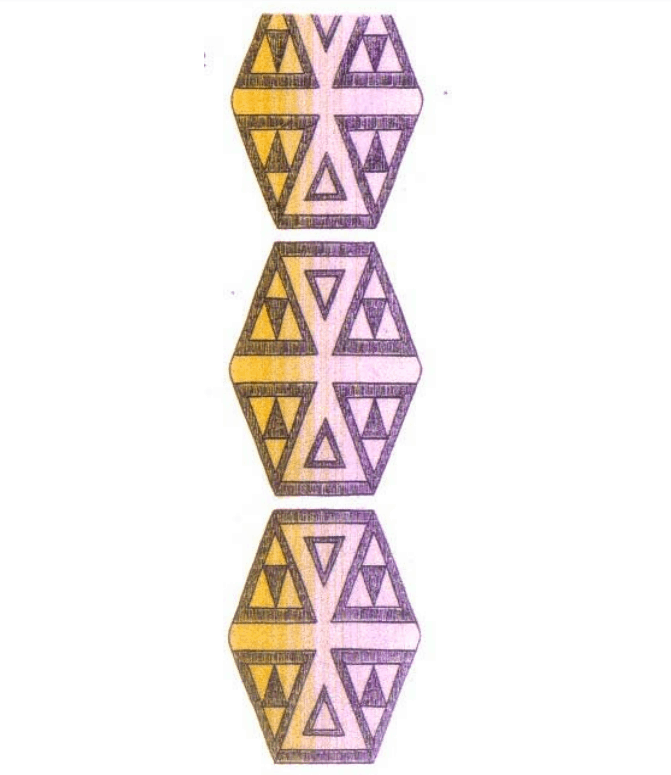Today, Wayuu bags have become a popular item with fun geometrics lines and colorful animals and flowers. But traditionally, Wayuu bags were crocheted depicting kanaas, or symbolical drawings native to the Wayuu culture.
Thank you for reading this post, don't forget to subscribe!Kanaas found in Wayuu bags represent the day-to-day of the Wayuu life. It is what they know and have always known.
These kanaas were passed down from generation to generation since pre-Columbian times.
Kanaas allude to animals, symbology and objects present in the daily life of the Wayuu community.
The Wayuu people extract the essence of their land and daily life by simplifying and abstracting their shapes and translating them into the magical art of Wayuu bags. Therefore, the meaning behind a drawing is more important than its appearance. Because these kanaas, or drawings are not an accurate representation of reality, but part of the Wayuu’s magical realism.
As a result, kanaas are the ultimate expression and proud representation of Wayuu culture.
This ancient art form, most likely originating from the Alta Guajira, consists in crocheting beautiful and stylized geometric figures, which represent elements of the natural environment that surrounds the daily life of the Wayuu.
As kanaas take on geometric shapes, a colorful range of colors bring the composition of straight lines to life. Generally, kanaas are repeated along a fabric, each repetition amplifying its meaning.
Discover Waleker: the mythical spider behind the art of crochet
Some kanaas can be more complex to crochet than others and so, the more complex the figures, the greater value a piece acquires.
Thanks to the language of kanaas, textile confection for the Wayuu community not only fulfills a utilitarian role, but becomes a genuine manifestation of their conception of the world.
Kanaas can be seen across different types of Wayuu textiles including Wayuu bags, hammocks, backpacks and more.
Below, you’ll find some of the most popular Kanaas and what they represent:


